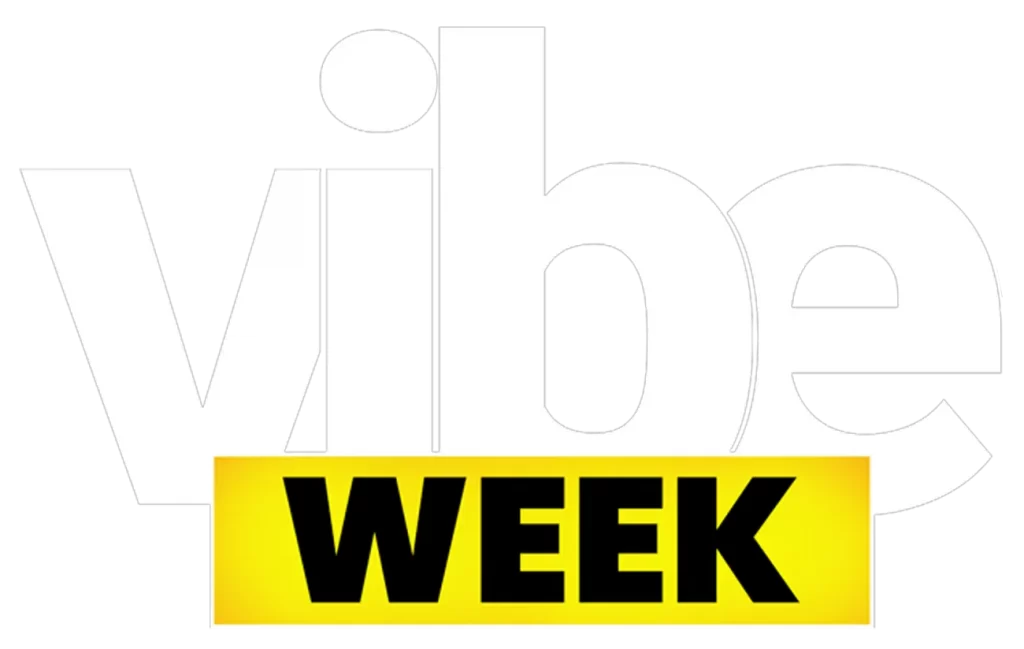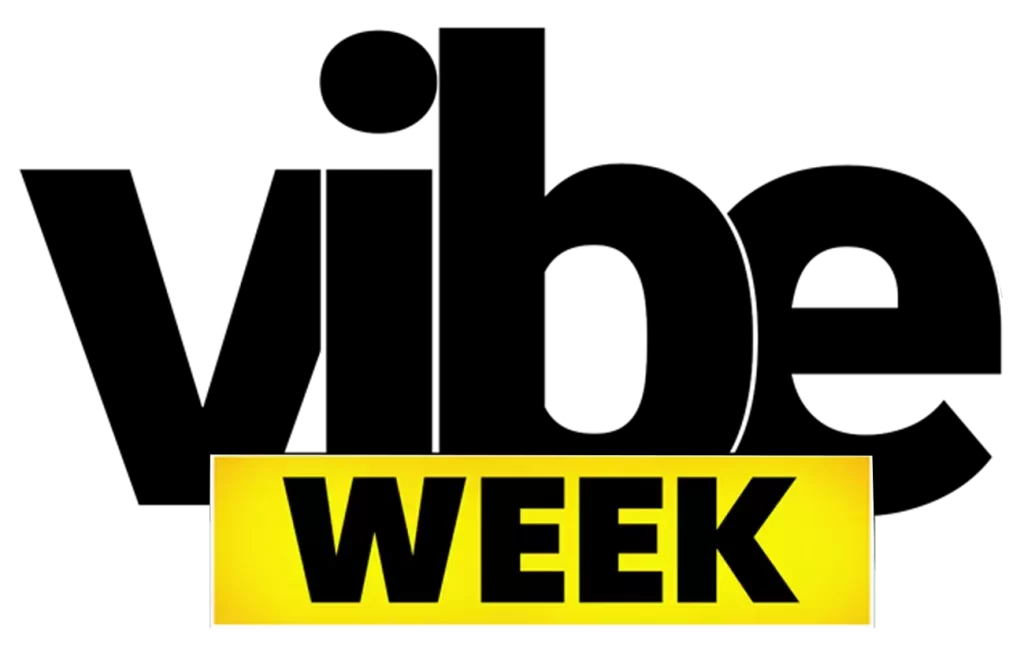Russia has been banned from all major sporting competitions for four years after a string of controversies concerning its athletes’ use of banned drugs, the World Anti-Doping Agency (WADA) said on Monday.
Russia would not be able to officially compete in the 2020 Olympics in Tokyo or the 2022 soccer World Cup in Qatar. The news was first reported by Russian state-owned Tass news agency on Monday and later confirmed by WADA.
However, while the Russian flag cannot be present at events, Russian athletes can compete under a neutral flag if they are free of association with the doping scandal. Some 168 Russian athletes competed at the 2018 winter Olympics in Pyeongchang under a neutral flag. Russia has 21 days to appeal the decision.
WADA’s executive board recommended a four-year ban in November this year. The Russian Anti-Doping Agency (RUSADA) handed over laboratory data to WADA in January as part of a deal to lift the suspension of the Russian anti-doping agency. But WADA then accused Russia of tampering with the evidence.
WADA said it hoped the latest ruling would “draw a line under the allegations of a systematic conspiracy to dope Russian athletes.”
WADA president Sir Craig Reedie said in a statement: “For too long, Russian doping has detracted from clean sport. The blatant breach by the Russian authorities of RUSADA’s reinstatement conditions, approved by the [WADA Executive Committee] in September 2018, demanded a robust response. That is exactly what has been delivered today.
“Russia was afforded every opportunity to get its house in order and re-join the global anti-doping community for the good of its athletes and of the integrity of sport, but it chose instead to continue in its stance of deception and denial.”
Russia was originally banned from international sports in 2015 after a lengthy report uncovered evidence of “a widespread and extensive state sanctioned doping system.”
The report recommended lifetime bans for five long-distance runners and alleged that 1,400 test results were destroyed by RUSADA’s laboratory in Moscow.
A second report in 2016 provided more detailed evidence of a state-sponsored doping program, which benefited “Russian athletes from the vast majority of summer and winter Olympic sports,” including the 2014 Sochi Winter Olympics.
RUSADA was briefly reinstated in 2018 after it agreed to release data for testing, but a new WADA investigation was ordered after it emerged that data submitted in 2019 had been falsified or removed altogether compared to previous versions, resulting in Monday’s ruling.
The ruling doesn’t mean a complete ban on international sporting events, however. While Russia will miss the finals of the 2022 World Cup in Qatar, it could still compete in the Euro 2020 international soccer championships next summer.
FIFA, which organizes the World Cup, is classed as a “major event organizer” by WADA and has signed up to its code of compliance , meaning it is covered by the ban.
However, UEFA, which organizes the Euros, one of the world’s biggest sporting events, is not a signatory and isn’t compelled to enforce the ban. Russia has already qualified for Euro 2020 and is hosting some of the matches in St Petersburg.
The Champions’ League, a major soccer tournament featuring some of the world’s best-known franchises, is also run by UEFA, meaning Russian teams can compete.
WADA confirmed in a statement to Reuters last month: “The Euros and the Champions League are not multi-sport major events or world championships but rather regional/continental single-sport events. So they are not affected by this recommendation.”




